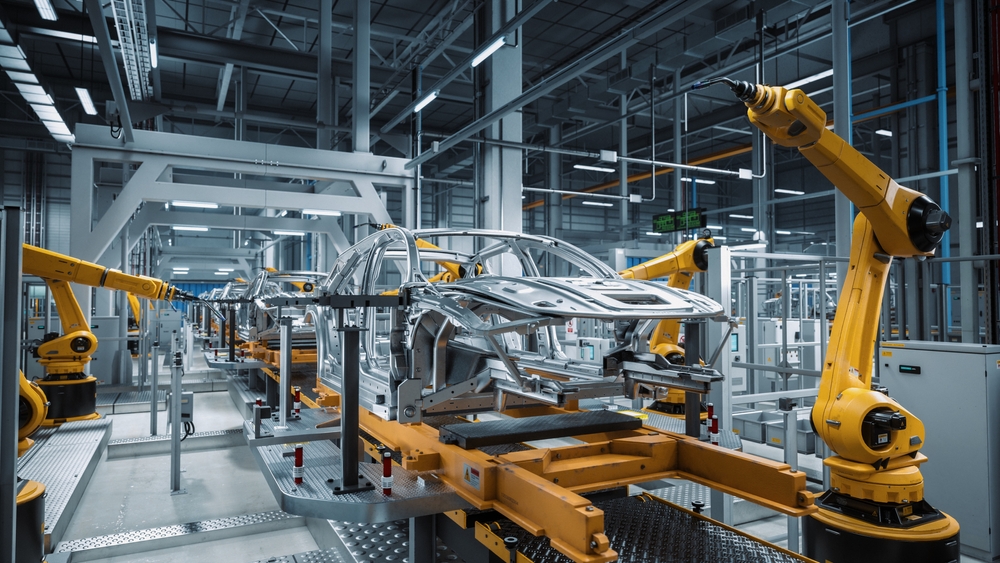The progressive deindustrialization of the German automotive industry is culminating in a massive job massacre of unprecedented scale. Former VW CEO Matthias Müller identifies the politically enforced ban on combustion engines as the central driver of an escalating crisis in the automotive industry. This abrupt technological shift not only threatens industrial value creation but also shakes the social fabric of countless regions that have been supported for decades by a strong automotive tradition. The resulting job losses – a veritable employment catastrophe – strike at the very heart of what was once the flagship sector of the German economy. (turi.one: 29.10.25)
Political ignorance exacerbates the job massacre
In an interview, Müller speaks unequivocally: “We are witnessing a job massacre in the automotive industry.” His criticism is primarily directed at political decision-makers who, for ideological reasons, are clinging to a radical ban on combustion engines. For him, this regulation is by no means an act of climate policy foresight, but rather an expression of dangerous detachment from reality. Such a forced U-turn in powertrain technology is not only detrimental to the economy but also socially explosive – and it leads directly to industrial decline.

Parallel to this, international competition is intensifying: While rationalization measures in Germany are freeing up labor, the Asian market is exploiting the disruptive innovation to secure technological and economic dominance. Müller sees this development as a creeping but deliberately orchestrated industry crisis that seriously threatens Germany’s industrial future.
Management failure accelerates structural change
However, Müller also criticizes the management of the industry. Instead of safeguarding the transformation process through technological diversity, they have unilaterally focused on electromobility – and thus taken a risky gamble. This misplaced focus is exacerbating the automotive industry crisis, as essential expertise and viable alternatives have simply been neglected. Müller describes this strategy as short-sighted, indeed almost “reckless,” because it is maneuvering a formerly global key industry directly into a dead end.
Without a fundamental change in thinking, the deindustrialization process threatens to continue. The erosion of the industrial base is a gradual but irreversible process if countermeasures are not taken soon. From Müller’s perspective, every day that passes without correcting these misguided decisions contributes further to the growing job losses – with far-reaching consequences for employees, suppliers, and overall economic stability.
Technological Transformation as the Last Chance
Nevertheless, Müller doesn’t stop at merely diagnosing the problem. He calls on politicians and businesses to adopt a realistic change of course: technological openness instead of dogmatic regulations. Electromobility can be part of the solution – but by no means the only way. Synthetic fuels, hydrogen technologies, and hybrids must be considered equally. Furthermore, companies need decisive relief through lower energy costs and the reduction of regulatory burdens. Only in this way can the widening gap be halted – and the automotive industry crisis steered into manageable channels.
If this political and economic courage to make corrections is lacking, the industrial decline will intensify – and with it, the massive job losses. But with intelligent measures, technological foresight, and a return to core industrial competencies, Germany’s chances remain intact.
